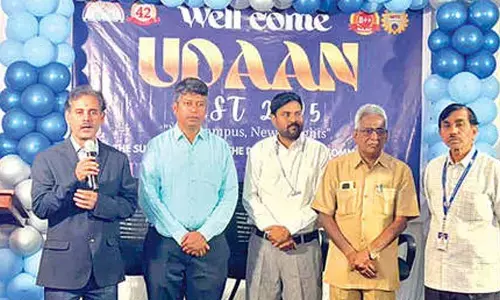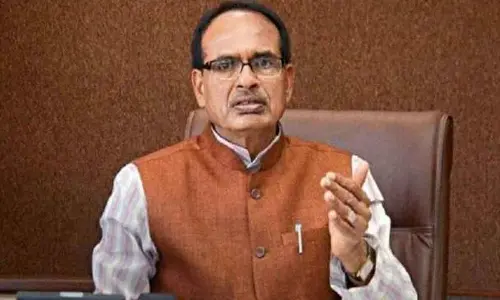Citizenship Act to eliminate country quota for Green Card

The ruling Democratic party has introduced a Citizenship Act, which among other things, seeks to eliminate the country-quota for green cards and make changes in the much sought-after H-1B visa system.
Washington: The ruling Democratic party has introduced a Citizenship Act, which among other things, seeks to eliminate the country-quota for green cards and make changes in the much sought-after H-1B visa system. The US Citizenship Act 2023 introduced by Congresswoman Linda Sanchez creates an earned roadmap to citizenship for all 11 million undocumented immigrants, providing Dreamers, TPS holders, and some farmworkers with an immediate path to citizenship. It also stands to provide the undocumented immigrants who pass background checks and pay taxes with a five-year path to citizenship without fear of deportation.
It proposes to make changes to the employment-based immigration system by eliminating per-country caps.
The Act seeks to make it easier for STEM advanced degree holders from US universities to stay, improving access to green cards for workers in lower-wage industries, giving dependents of H-1B holders work authorisation, and preventing children of H-1B holders from ageing out of the system. The much-sought-after H-1B visas are issued for three years at a time. The H-1B visa is a non-immigrant visa that allows US companies to employ foreign workers in speciality occupations that require theoretical or technical expertise. Technology companies depend on it to hire tens of thousands of employees each year from countries such as India and China.
The bill also creates a pilot programme to stimulate regional economic development and incentivises higher wages for non-immigrant, high-skilled visas to shield them from unfair competition with American workers. The Citizenship Act proposes to reform the family-based immigration system to keep families together by recapturing visas from previous years to clear backlogs, including spouses and children of green card holders as immediate family members, and increasing per-country caps for family-based immigration.
It also eliminates discrimination facing LGBTQ+ families, provides protection for orphans, widows, and children, and allows immigrants with approved family-sponsorship petitions to join family in the US on a temporary basis while they wait for green cards. “As the daughter of immigrant parents from Mexico, I am honoured to introduce the US Citizenship Act — a bold, transformative framework that will help fix our broken immigration system,” said Congresswoman Sanchez.
“The US Citizenship Act will help us grow our economy, make our borders safer and more secure, and deliver a pathway to citizenship for millions of immigrants already living and working here,” she said. Democratic Leader Hakeem Jeffries emphasised the role of immigrants in the making of America as he called for an immigration law overhaul.




















